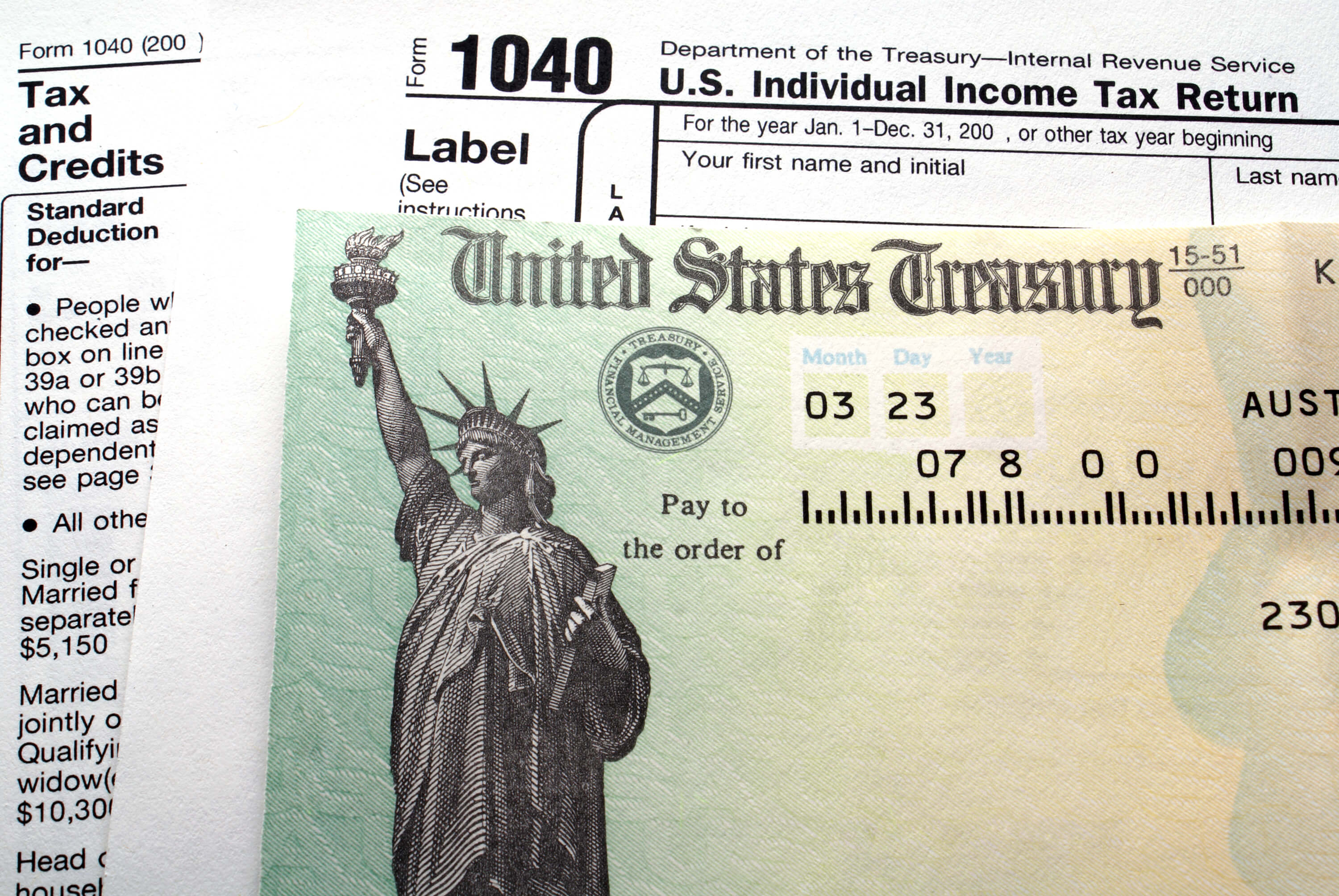Income tax and capital gains tax are paid during the year, and the tax prepayments are only payments on a person’s final tax liability. This can only be determined if the taxable income at the end of the year is fixed. This final annual statement with the tax office is called an income tax assessment. The basis for the income tax assessment is the income tax return that a person submits.

Reasons for Reimbursement:
- A person has had expenses for household help or services and wants to get the tax benefits.
- A person’s income-related expenses are higher than the employee’s lump sum: In the case of income tax deduction, your employer automatically only considers the cost of employment.
- A person’s salary varies: your employer’s payroll tax calculation program assumes twelve monthly salaries and considers one-twelfths of free allowances and lump sums. Therefore:
- If a person only worked for a few months, their actual annual income and tax rate are lower than expected. Also, they are always entitled to the basic allowance and the employee lump sum in full.
- Pupils and students with summer jobs often get the entire withholding tax. High tax refunds also occur in the year of transition from school or studies to employment and vice versa.
- Suppose a person’s salary varies during the year, for example, through overtime, salary increases, the 13th monthly salary, or employer change. In that case, the tax deduction in the months with higher earnings is too high. However, if a person’s employer makes an “employer’s wage tax compensation” at the end of the year, he corrects this inaccuracy.

- As a double-earner couple, you both have tax code IV (no factor), even though a person did not earn the same amount.
- A person has selected an unfavorable tax class combination from a tax perspective. This can be useful, for example, to optimize the parental allowance.
- Suppose a person paid too much capital gains tax (withholding tax) or interest withholding tax during the year. This can happen for a variety of reasons, for example, because a person has not granted or have given too low an exemption order for an account.
- Because the bank has deducted withholding tax from your investment income, but their tax rate is lower.
- Because a person has other income in addition to income from employment, at least part of which withholding tax has been withheld. Suppose this additional income is less than a certain amount. In that case, you will receive all or part of the withheld withholding tax back via the Compassionate Allowances or the extended Compassionate Allowances.

- A person has special expenses above the lump sum: donations, church tax, expenses for persons own vocational training, etc., considered by their employer with income tax deduction only with the special expenditure lump sum.
- A person’s insurance premiums are higher than the provisioning allowance: their employer will already consider certain insurance premiums for the monthly income tax deduction for allowance.
- Civil servants and pensioners only receive a lower pension plan. Therefore, proof of the tax return’s actual insurance contributions can lead to a high tax refund.
- In the case of employees subject to pension insurance, a higher provisioning allowance is applied. Nevertheless, it may be worthwhile in certain cases to recognize the actual pension expenses in the tax return.
- If a person has completed a pension, this is not included in the monthly tax deduction. So they can expect a tax refund.
- They have contributed to the pension, which has a special effect.
- They have high exceptional burdens, for example, due to illness, disability, divorce, need of care, or support a needy relative.
 About Complete Controller® – America’s Bookkeeping Experts Complete Controller is the Nation’s Leader in virtual bookkeeping, providing service to businesses and households alike. Utilizing Complete Controller’s technology, clients gain access to a cloud-hosted desktop where their entire team and tax accountant may access the QuickBooks™️ file, critical financial documents, and back-office tools in an efficient and secure environment. Complete Controller’s team of certified US-based accounting professionals provide bookkeeping, record storage, performance reporting, and controller services including training, cash-flow management, budgeting and forecasting, process and controls advisement, and bill-pay. With flat-rate service plans, Complete Controller is the most cost-effective expert accounting solution for business, family-office, trusts, and households of any size or complexity.
About Complete Controller® – America’s Bookkeeping Experts Complete Controller is the Nation’s Leader in virtual bookkeeping, providing service to businesses and households alike. Utilizing Complete Controller’s technology, clients gain access to a cloud-hosted desktop where their entire team and tax accountant may access the QuickBooks™️ file, critical financial documents, and back-office tools in an efficient and secure environment. Complete Controller’s team of certified US-based accounting professionals provide bookkeeping, record storage, performance reporting, and controller services including training, cash-flow management, budgeting and forecasting, process and controls advisement, and bill-pay. With flat-rate service plans, Complete Controller is the most cost-effective expert accounting solution for business, family-office, trusts, and households of any size or complexity.




